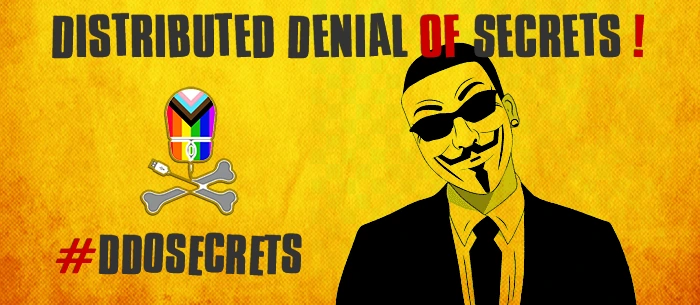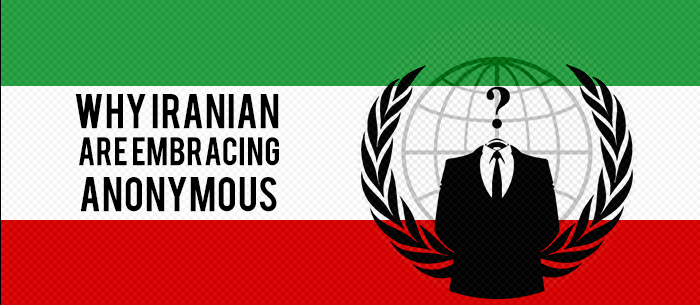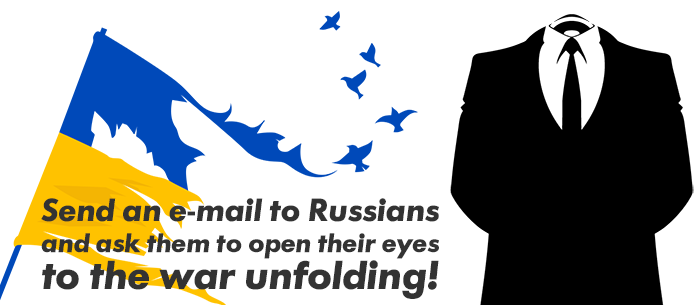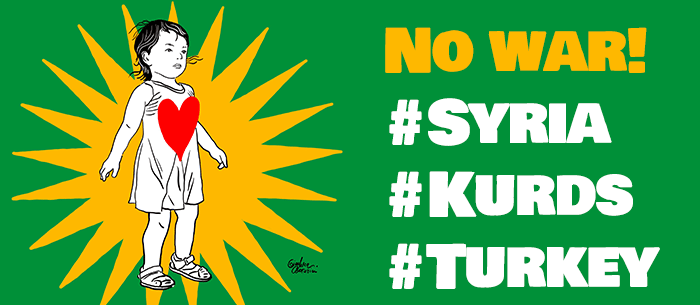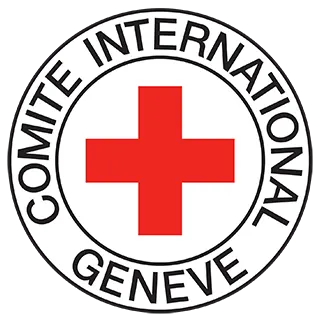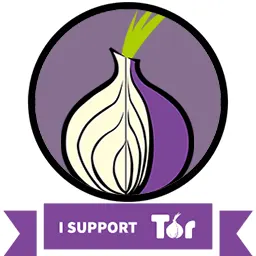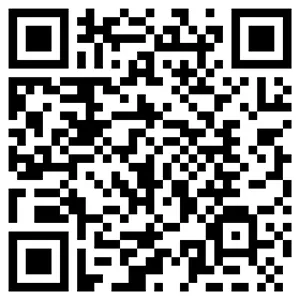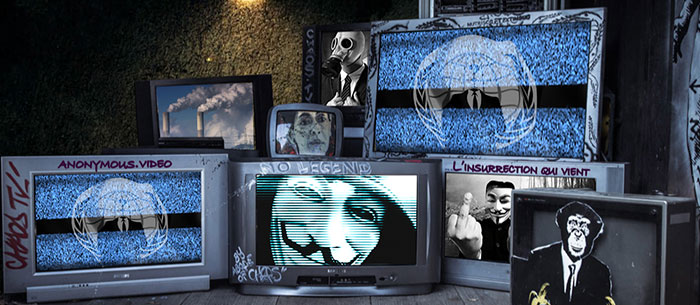
Home Anonymous Operations Ideas are bulletproof The Coming Insurrection
Tuesday 6 January 2015
We weren’t able to do anything, either before or after their arrest.
After so many attacks that so many of us applauded, Anonymous/LulzSec hackers found themselves, like Jeremy Hammond, nearly alone facing repression upon getting arrested. On Christmas day, 2011, LulzSec defaced the site of Strafor, a “private intelligence” multinational. By way of a homepage, there was now the scrolling text of “The Coming Insurrection” in English, and $700,000 was transferred from the accounts of Stratfor customers to a set of charitable associations – a Christmas present.
From whatever angle you approach it, the present offers no way out. This is not the least of its virtues. From those who seek hope above all, it tears away every firm ground. Those who claim to have solutions are contradicted almost immediately.
Everyone agrees that things can only get worse. “The future has no future” is the wisdom of an age that, for all its appearance of perfect normalcy, has reached the level of consciousness of the first punks.
The sphere of political representation has come to a close. From left to right, it’s the same nothingness striking the pose of an emperor or a savior, the same sales assistants adjusting their discourse according to the findings of the latest surveys.
Those who still vote seem to have no other intention than to desecrate the ballot box by voting as a pure act of protest. We’re beginning to suspect that it’s only against voting itself that people continue to vote. Nothing we’re being shown is adequate to the situation, not by far.
In its very silence, the populace seems infinitely more mature than all these puppets bickering amongst themselves about how to govern it.
From The Invisible Committee.
In 2007 we published The Coming Insurrection in France. It must be acknowledged that a number of assertions by the Invisible Committee have since been confirmed, starting with the first and most essential: the sensational return of the insurrectionary phenomenon. Who would have bet a kopeck, seven years ago, on the overthrow of Ben Ali or Mubarak through street action, on the revolt of young people in Quebec, on the political awakening of Brazil, on the fires set French-style in the English or Swedish banlieues, on the creation of an insurrectionary commune in the very heart of Istanbul, on a movement of plaza occupations in the United States, or on the rebellion that spread throughout Greece in December of 2008?
During the seven years that separate “The Coming Insurrection” from “To Our Friends,” the agents of the “Invisible Committee” have continued to fight, to organize, to transport themselves to the four corners of the world, to wherever the fires were lit, and to debate with comrades of every tendency and every country. Thus To Our Friends is written at the experiential level, in connection with that general movement. Its words issue from the turmoil and are addressed to those who still believe sufficiently in life to fight as a consequence.
To Our Friends is a report on the state of the world and of the movement, a piece of writing that’s essentially strategic and openly partisan. Its political ambition is immodest: to produce a shared understanding of the epoch, in spite of the extreme confusion of the present.


